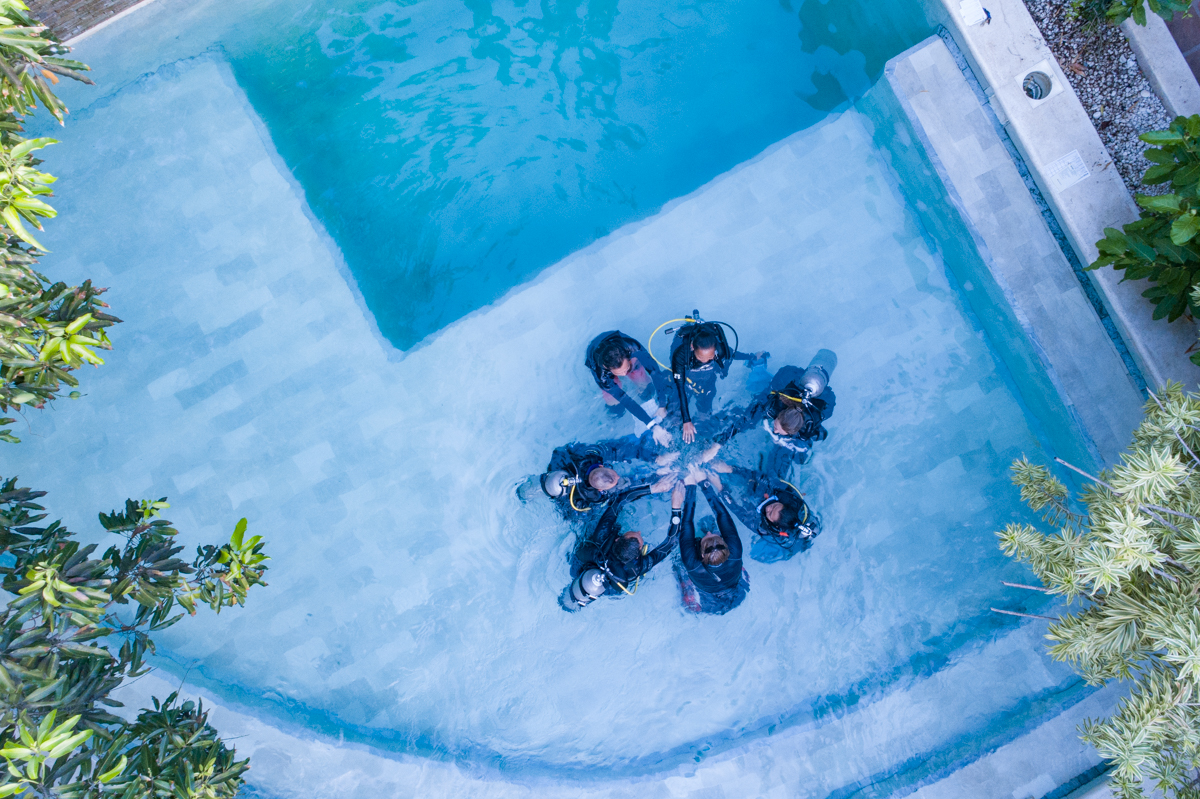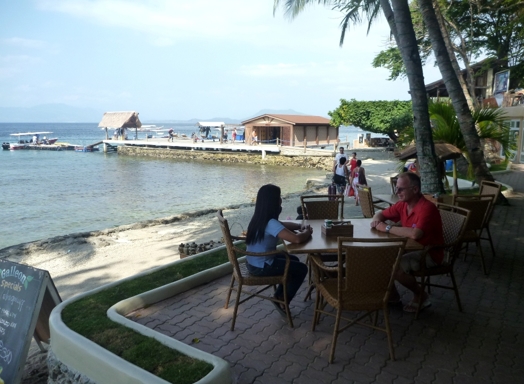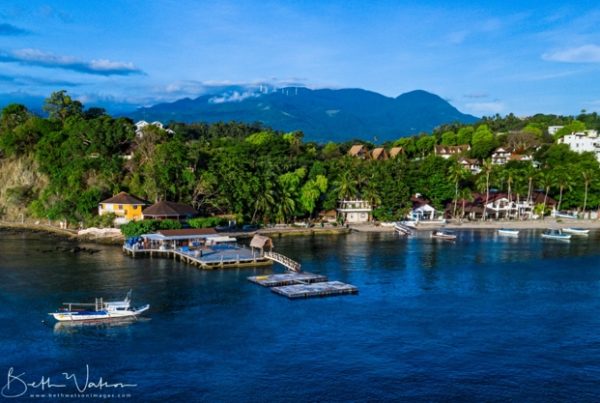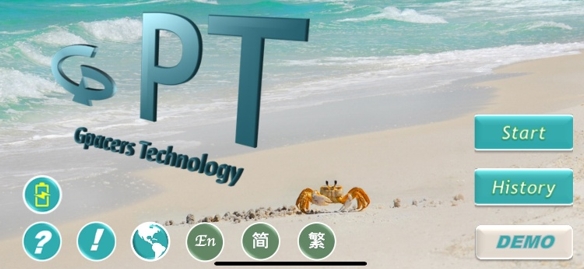You’ve probably heard of scuba diving certifications before, whether or not you’re aware of their purpose or not. Those certifications aren’t just for show. They’re used as a way to measure the capacity of an individual, and whether or not they can safely control themselves to certain depths as dictated on the certification.
With that said, there are many scuba diving certifications out there, each one serving a different purpose and measuring different water skills for the divers who take them. In this article, we’ll briefly cover what those scuba diving certifications entail and what you can do with them.
Open Water Diver
The Open Water Diver certification by PADI is one of the most common and popular scuba diving certifications for recreational purposes. It is an essential course that opens the path to other more advanced courses for divers. The Open Water Diver course teaches the fundamentals of how to safely manage yourself, as well as your equipment underwater. With this certification, you will be allowed to dive in open waters up to a depth of 18 meters.
Advanced Open Water Diver
Advanced Open Water Diver is a course that takes the previous certification to the next level. Participants will need to have taken the Open Water Diver first as a prerequisite to taking this course. Once completed, divers will have their depth limit increased from 18 meters as certified by the Open Water Diver to a deeper 30 meters. This course will again include theory learning as well as practical training, that will both be subject to assessment by the dive instructor.
Rescue Diver
The Rescue Diver course educates divers about essential emergency rescue protocols, safety skills and how to manage a crisis situation underwater. This is another essential certification that many divers opt to take due to the valuable, lifelong skills that are offered in this course.
Divemaster
Divemaster is the course where divers refine and hone in their water skills to a professional standard. In fact, for many diving associations such as PADI and SSI, the Divemaster is considered to be the first professional rating. This course also puts an emphasis on building the necessary skills, knowledge, and expertise to lead and supervise a diving team. Participants of Divemaster courses often intend to become professional divers or are on the way to become dive instructors.
These are just some of the most common scuba diving certifications out there. Some of these serve as the foundation of all scuba divers such as the Open Water Diver and are mandatory to take before advancing into more technical water skills.
Do these scuba diving certifications sound familiar to you? If you’re a frequent diver, it would be wise to invest in yourself and learn the water skills and knowledge offered in these courses. Not only will they increase your confidence as a diver, you’ll also have more opportunities to access dive sites that are deeper and more exotic in the future!
Learn more about scuba diving courses with us at Asia Divers.










